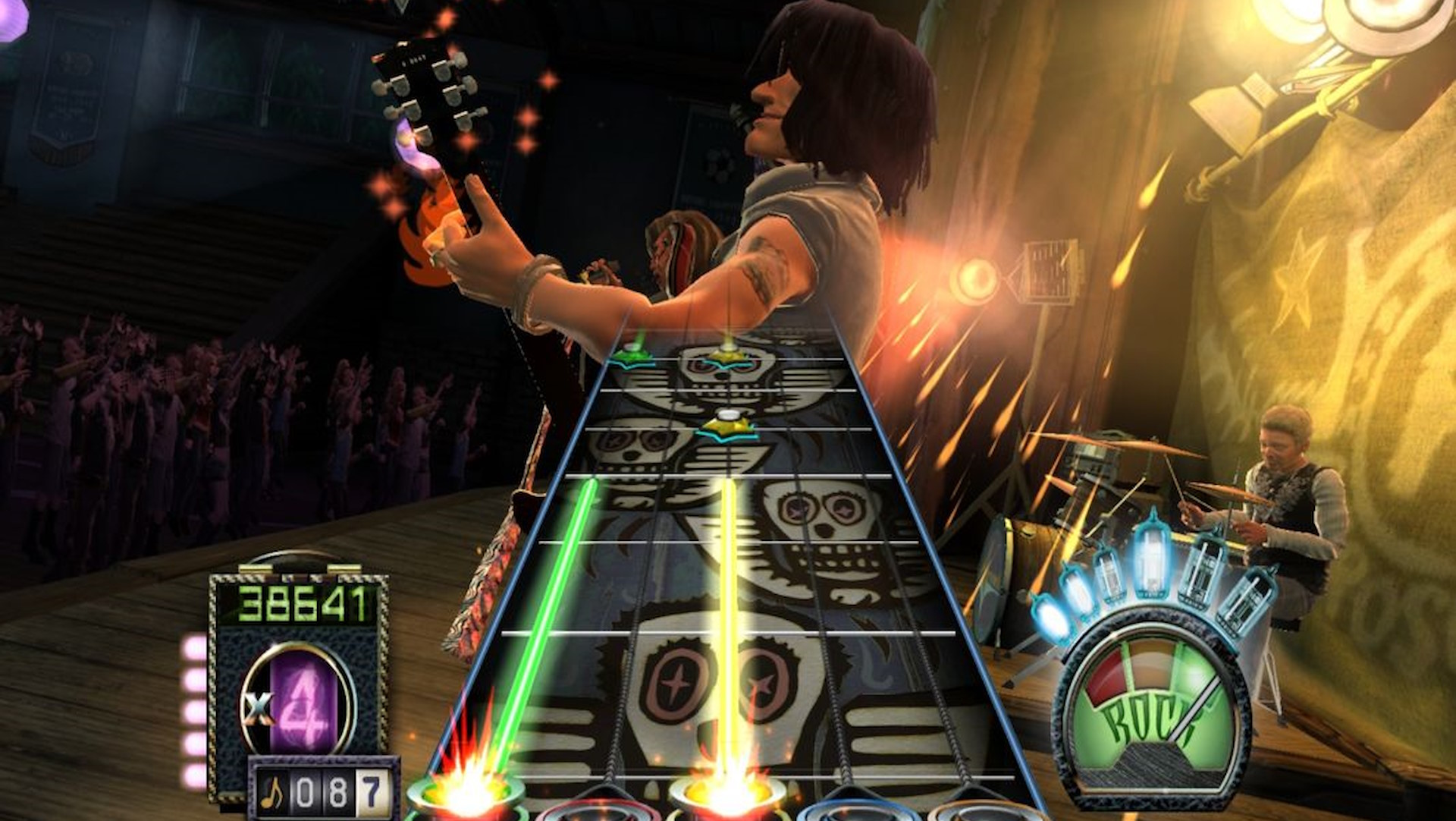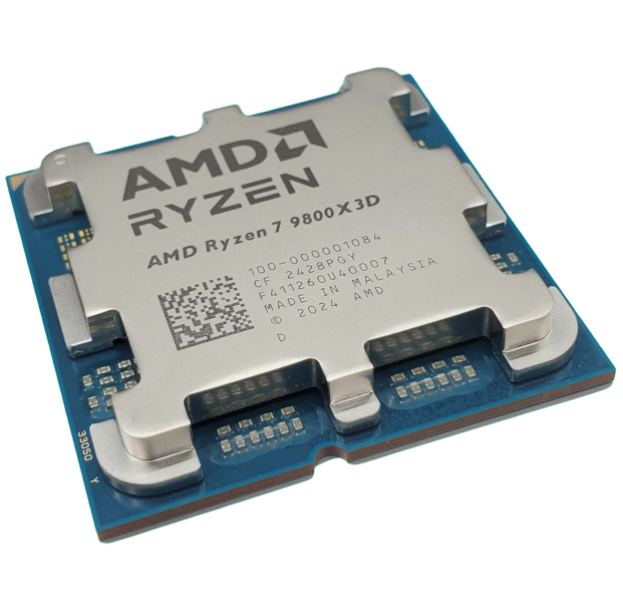Embracer brings original Guitar Hero publisher RedOctane back from the dead for 'the next evolution in rhythm gaming'
RedOctane Games is being headed up by Guitar Hero veteran Simon Ebejer, and includes original founders Kai and Charles Huang as "advisors."

Keep up to date with the most important stories and the best deals, as picked by the PC Gamer team.
You are now subscribed
Your newsletter sign-up was successful
Want to add more newsletters?

Every Friday
GamesRadar+
Your weekly update on everything you could ever want to know about the games you already love, games we know you're going to love in the near future, and tales from the communities that surround them.

Every Thursday
GTA 6 O'clock
Our special GTA 6 newsletter, with breaking news, insider info, and rumor analysis from the award-winning GTA 6 O'clock experts.

Every Friday
Knowledge
From the creators of Edge: A weekly videogame industry newsletter with analysis from expert writers, guidance from professionals, and insight into what's on the horizon.

Every Thursday
The Setup
Hardware nerds unite, sign up to our free tech newsletter for a weekly digest of the hottest new tech, the latest gadgets on the test bench, and much more.

Every Wednesday
Switch 2 Spotlight
Sign up to our new Switch 2 newsletter, where we bring you the latest talking points on Nintendo's new console each week, bring you up to date on the news, and recommend what games to play.

Every Saturday
The Watchlist
Subscribe for a weekly digest of the movie and TV news that matters, direct to your inbox. From first-look trailers, interviews, reviews and explainers, we've got you covered.

Once a month
SFX
Get sneak previews, exclusive competitions and details of special events each month!
15 years after being shuttered by Activision, original Guitar Hero publisher RedOctane is back, with the slightly changed name of RedOctane Games and now a part of catastrophe conglomerate Embracer Group. The revived studio is being headed up by Simon Ebejer, the production director on numerous Guitar Hero games developed by Neversoft, and also has original RedOctane founder Charles and Kai Huang on board as advisors.
The "small but passionate studio" is made up of "creators and developers who helped create and scale Guitar Hero and DJ Hero nearly two decades ago," the press blast says, "as well as proven emerging development talent and community leaders from across today’s rhythm gaming space."
And yes, it is working on a new rhythm game, which original RedOctane vice president Lee Guinchard—now CEO of Embracer's Freemode group, of which the new RedOctane Games is a part—said is going to be different.
"This game won’t be Guitar Hero, DJ Hero, Guitar Freaks or Rock Band," Guinchard wrote. "This is something new. A rhythm game built with love, by people who care, with the community at its core in this fast-changing modern world we live in. We firmly believe the expert here is the community and a new generation of development talent, the folks that have kept the lights on these last few years."
Guitar Hero debuted as a PlayStation 2 exclusive in 2005 and quickly became a full-on phenomenon, spawning multiple sequels, tie-ins with Aerosmith, Metallica, and Van Halen, and the DJ Hero and Band Hero spinoff games. But by 2010, which saw the underwhelming release of Guitar Hero 5 and DJ Hero 2, it was over: Activision took one more shot at it with Guitar Hero Live in 2015, which went nowhere, and that was the end of it.
RedOctane followed a similar path. Founded in 1999 as a gaming accessory manufacturer, it was acquired by Activision in 2006 for just shy of $100 million—a paltry sum now, but big bucks at the time—and was closed in 2010.
Despite that unfortunate outcome—which, to be fair, was driven by Activision's relentless insistence on annualized sequels, in hindsight probably not a great idea for games dependent on expensive speciality controllers—Ebejer has high hopes for the revived brand. "Rhythm games are about more than just gameplay, they’re about feel, flow, and connection to the music and to each other," he said. "RedOctane Games is our way of giving back to a genre that means so much to us, while pushing it forward in new and exciting directions."
Keep up to date with the most important stories and the best deals, as picked by the PC Gamer team.
RedOctane's new, different rhythm game is expected to be revealed later this year.

👉Check out our list of guides👈
1. Best CPU: AMD Ryzen 7 9800X3D
2. Best motherboard: MSI MAG X870 Tomahawk WiFi
3. Best RAM: G.Skill Trident Z5 RGB 32 GB DDR5-7200
4. Best SSD: WD_Black SN7100
5. Best graphics card: AMD Radeon RX 9070

Andy has been gaming on PCs from the very beginning, starting as a youngster with text adventures and primitive action games on a cassette-based TRS80. From there he graduated to the glory days of Sierra Online adventures and Microprose sims, ran a local BBS, learned how to build PCs, and developed a longstanding love of RPGs, immersive sims, and shooters. He began writing videogame news in 2007 for The Escapist and somehow managed to avoid getting fired until 2014, when he joined the storied ranks of PC Gamer. He covers all aspects of the industry, from new game announcements and patch notes to legal disputes, Twitch beefs, esports, and Henry Cavill. Lots of Henry Cavill.
You must confirm your public display name before commenting
Please logout and then login again, you will then be prompted to enter your display name.

